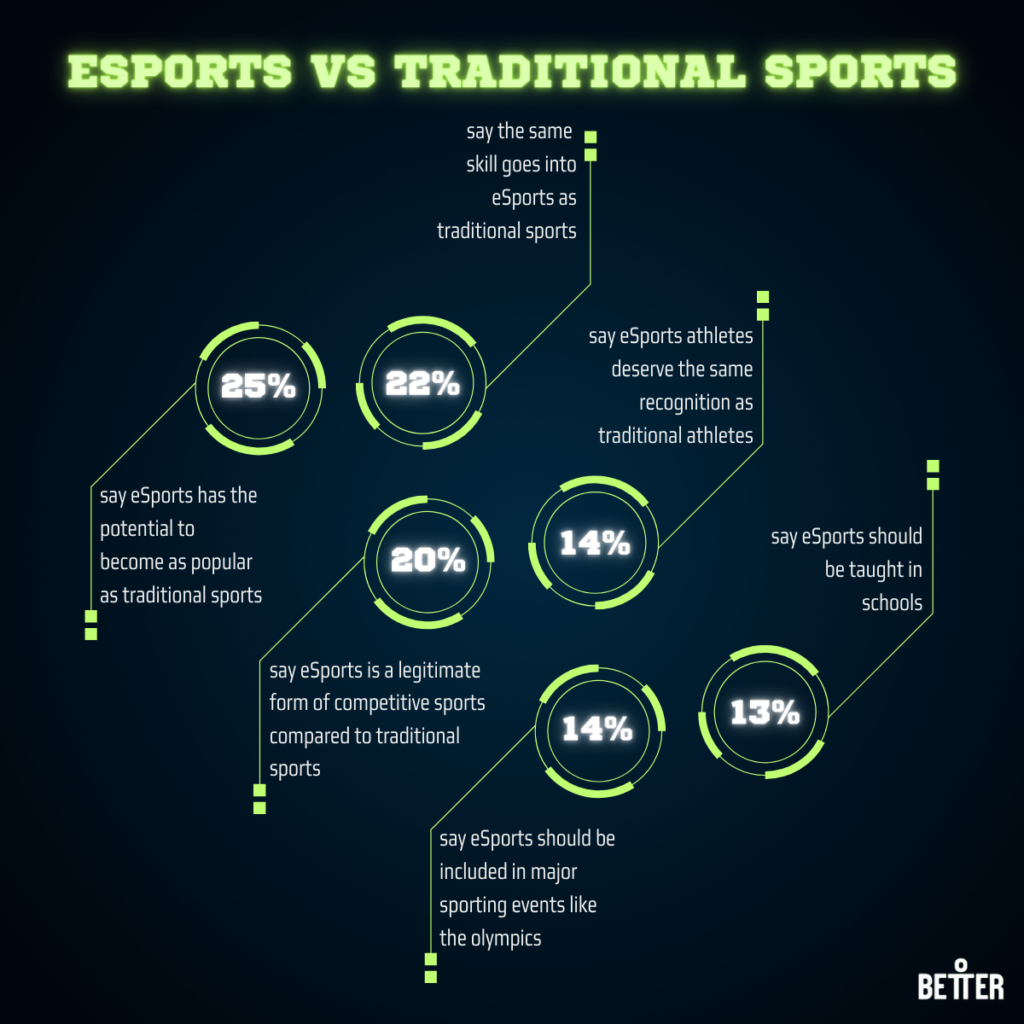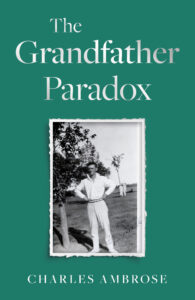Gaming’s Hidden Benefits: 96% of Gamers report positive effects, including stress relief and improved attention

Better Gyms surveyed over 2,000 people in the UK, including almost 1,000 gamers, on their perceptions of what a gamer is and how they think they compare to professional athletes and the rest of the UK.
86% of people in the UK don’t think Esports athletes deserve the same recognition and respect as traditional athletes.
Non-gamers get just 12 minutes more sleep a night than gamers.
Over a third of gamers say their attention has improved since starting gaming.
A new study from Better Gyms has delved deep into the world of gaming to challenge common stereotypes and uncover the many benefits of a thriving industry. Contrary to conventional beliefs, the findings paint a much more diverse picture of gamers and Esports professionals, revealing a host of positive effects associated with gaming, including how 96% of gamers report positive effects in their day to day lives.
The study found that these benefits included improvements to their attention span (33%), stress relief (50%), a sense of escapism (48%), and improved mental health (30%), as gaming allows players to connect with others online and temporarily escape the stresses of the real world.
While some concerns about gaming’s impact on social life and mental health persist, our research shows that gamers actually spend more time outside than non-gamers. Moreover, the study revealed a mere 12-minute difference in nightly sleep duration between gamers and non-gamers, challenging the stereotype of gamers as sedentary individuals.
Better spoke to Nathan David, Head of Foundation & Events Course Leader at the College of Esports who said: “If you speak to any performance athlete, they will tell you that despite the physical aspect of sport and competition being key, the mental and psychological factors are just as important; dealing with stress and performing under pressure are two parallels often referred to.
“I think you will see an attitude change in the perception of Esports over the next 5 to 10 years or so as misconceptions and further understanding of our industry is addressed.”
86% of people in the UK don’t think Esports athletes deserve the same recognition and respect as traditional athletes.
The gaming industry is worth a huge US$227 billion, with UK consumers spending £2.6 billion in 2022 alone. The industry is growing rapidly, more than doubling over the past 10 years and is set to reach a huge US$312 by 2027.
But despite the industry’s rapid growth and the evident benefits of gaming, the study unveiled some surprising insights. An overwhelming 86% of respondents in the UK do not believe that Esports athletes deserve the same recognition and respect as traditional athletes. Furthermore, only one in five respondents viewed Esports as a legitimate form of competitive sport compared to traditional sports like football and rugby, and almost 9 in 10 Brits were unwilling to accept Esports into the Olympics.
Additionally, over half of the UK population (54%) believes gaming can cause some form of social isolation, and three in 10 feel it would encourage poor mental health. While our study showed gamers were actually spending more time outside than non-gamers, Brits still believe gaming would lead to a lack of exercise (58%), an unhealthy lifestyle (47%), and a poor diet (42%).
However, there is a glimmer of hope for Esports enthusiasts as a quarter of Brits believe that Esports has the potential to attain the same level of popularity as traditional sports in the future, signifying a potential growth amongst fans of the industry.
Non-gamers get just 12 minutes more sleep a night than gamers.
The prevailing stereotype of gamers as isolated, sedentary individuals glued to screens has long persisted. However, the research reveals that the truth about many gamers, especially eSports professionals, is far from this image, with gamers spending longer on average outside each day than non-gamers. With regards to sleep, over half (56%) of Brits felt gaming would encourage a lack of sleep. However, non-gamers stated they get an average of just under six and a half hours a night, compared to gamers’ six hours 16 minutes, revealing a minuscule 12-minute difference between the two.
Social Media Influencer is the least popular career, followed by Esports players.
To uncover the bias towards Esports as a career, Better asked people what profession they would most like their children to be a part of. Unsurprisingly, lawyers (40%), healthcare workers (35%), and professional sports athletes (27%), came in the top three places, and a career in Esports and gaming (19%) was among the least popular, with just social media influencers (13%), scoring lower.
One major misconception highlighted by the research is the lack of awareness surrounding Esports careers, including their earning potential. Statista states that the gaming industry has 47,000 employees, and professional Esports players can make anywhere up to $187,200 a year on average. Only 6% of Brits in the study correctly estimated the highest-earning Esports player prize money, which exceeded £5.7 million in his Esports career. The total prize money recorded in Esports tournaments exceeds a staggering $1.6 billion across 60,000 tournaments, 130,000 players, and 648 different games, a fact largely unknown to most in the UK.
Additionally, Brits are unaware of the gender distribution among gamers. Contrary to popular belief, the gender split in the UK is nearly equal, with 47% female and 53% male, yet only 5% of respondents guessed this correctly.




